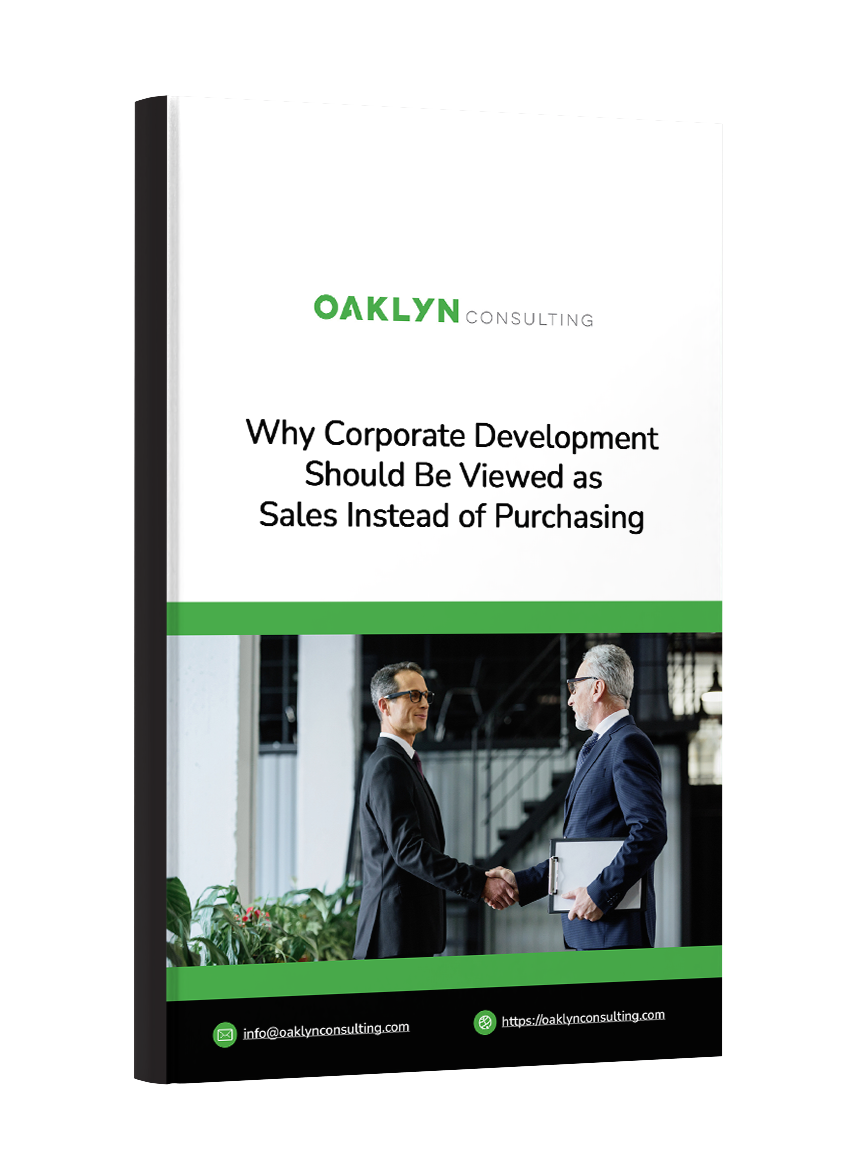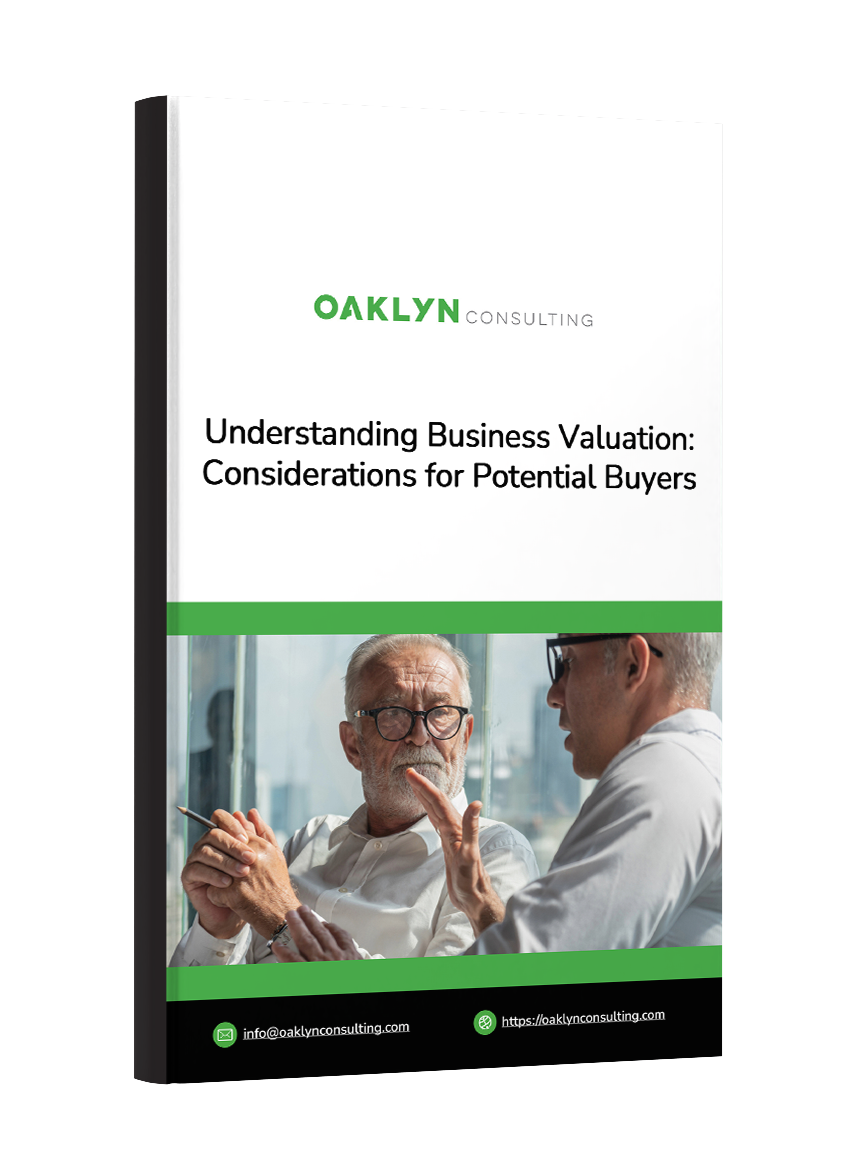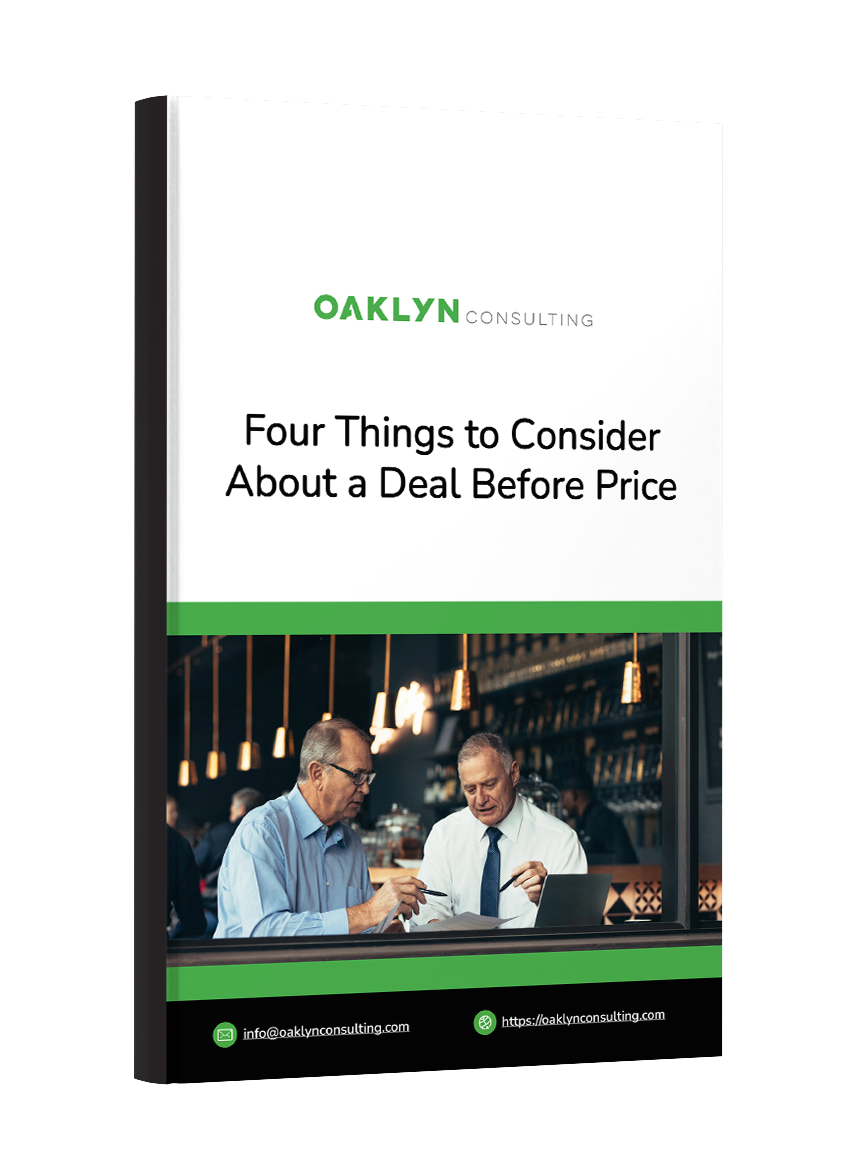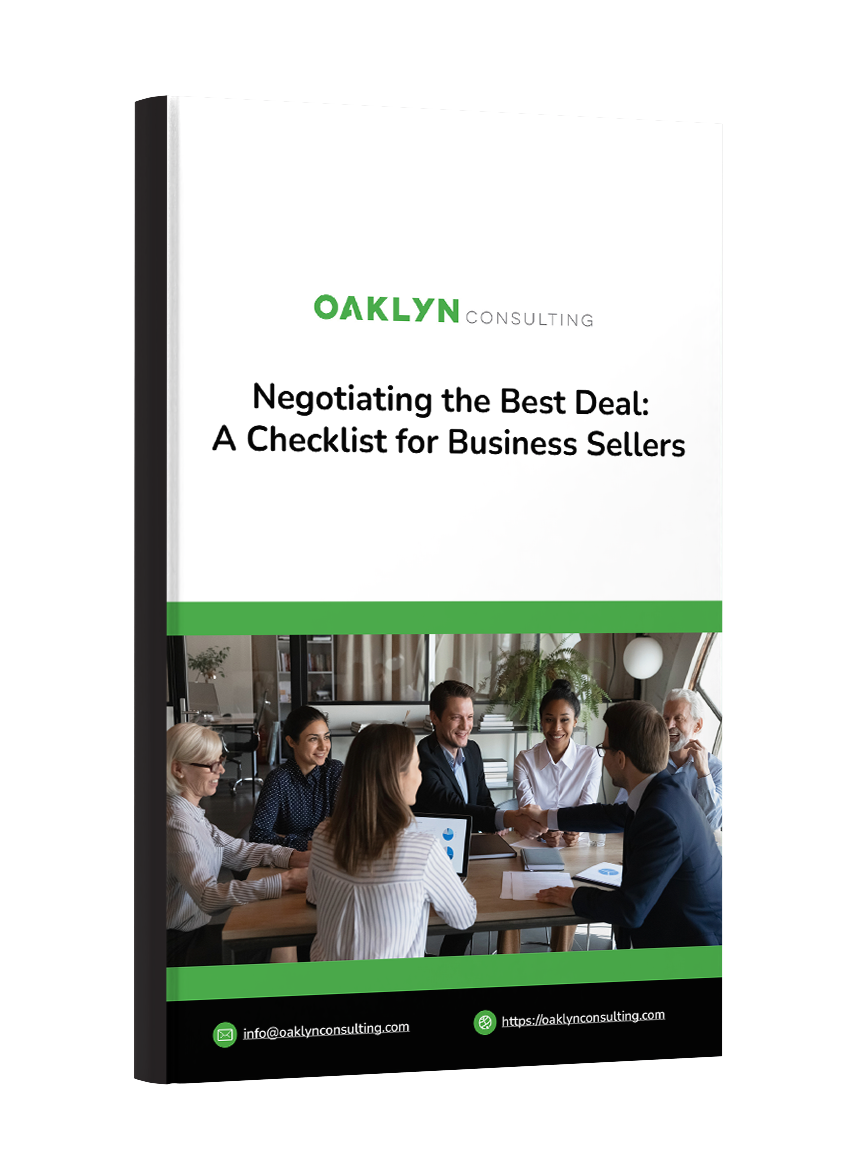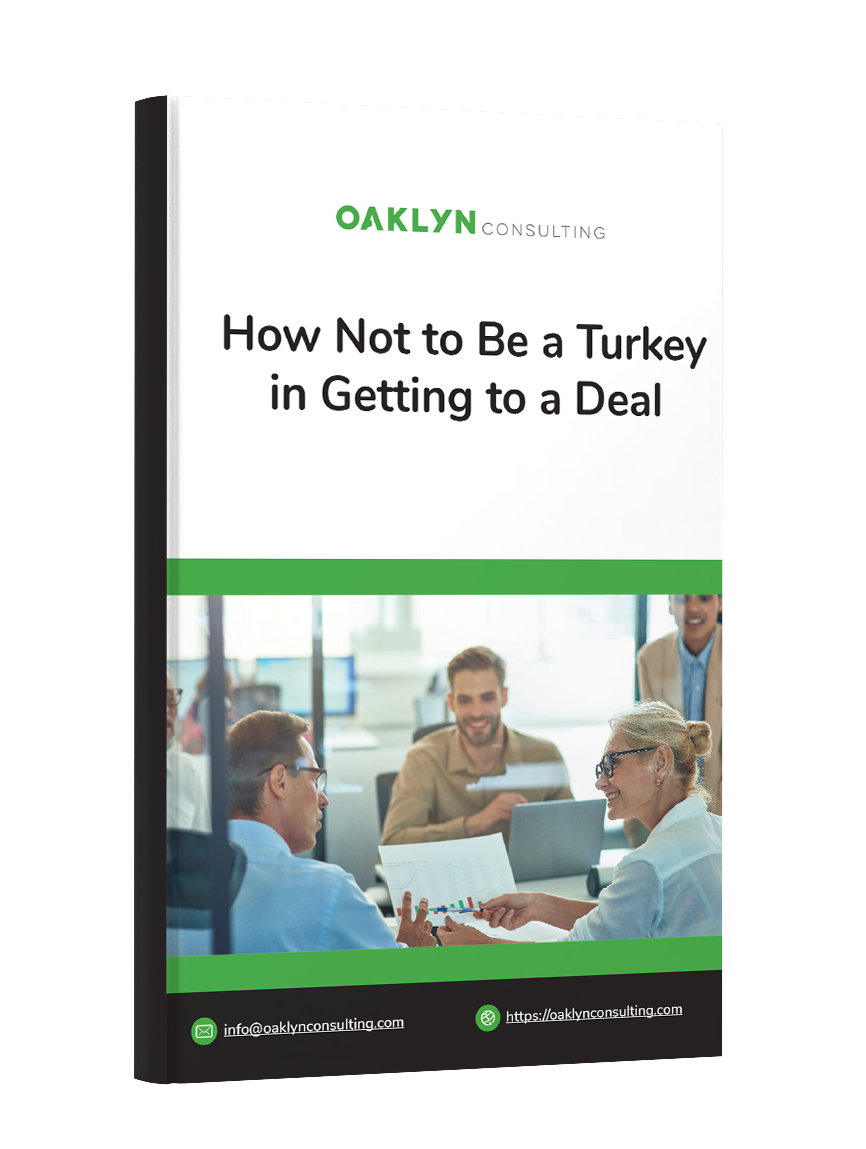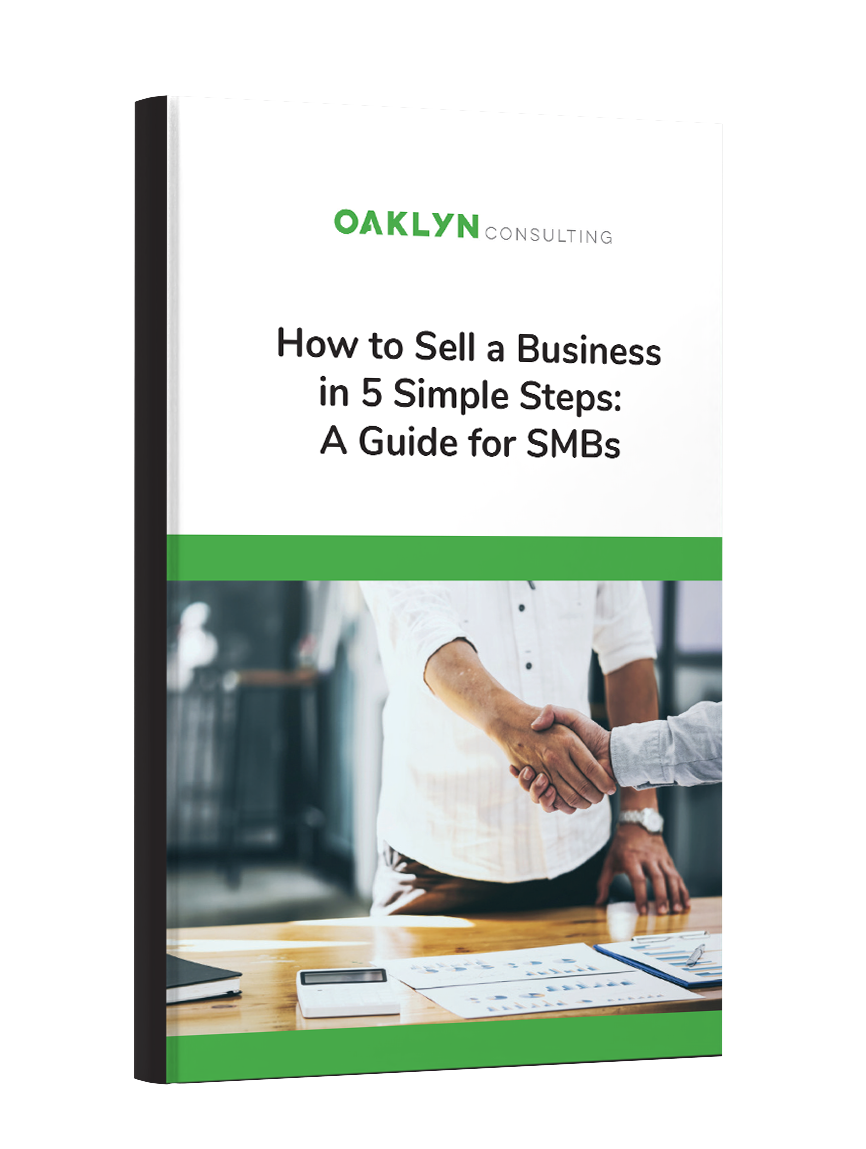I recently contributed an article to Business.com offering guidance for entrepreneurs whose personal identity may be tied to their role as business owners.
Read the article in PDF.
When you run a business, you’re tied to it both financially and personally.
The financial side is obvious: Your company’s success or failure ultimately rides on your shoulders, affecting not just your personal livelihood but that of your employees.
The emotional aspect of being a CEO is something that’s not discussed very much. When you devote yourself to your company’s success over a period of years, working long hours and thinking about it even in your downtime, it affects how you view yourself.
When your personal identity becomes tied to your role as a business owner, what happens if you receive an offer to sell? Can you envision a future for yourself that doesn’t involve your business?
In my work guiding businesses through mergers and acquisitions, my clients include various types of owners who are defined by their jobs to some degree. For each of them, a bit of soul-searching is required to decide whether selling their company is the right choice.
If you’re a business owner, perhaps you’ll recognize something familiar in one of these examples.
1. BORN ON THIRD BASE AND KNOWS IT
Some business owners are beneficiaries – they didn’t start their company but came and worked in it. They’re aware that they started on third base, so to speak. They often feel fortunate to be part of a successful business but wonder if they could replicate that success in a different industry.
We worked with a business owner who was in his late 40s and not confident in his ability to start a new company. He had talked with friends who had sold their businesses and then started ones in different industries, only to realize it was much harder than expected. Many business owners forget that one reason they’re successful is that they’re part of a community and established in one particular industry.
If this situation applies to you, you may be mostly concerned with clearing enough from the sale of your business that you don’t have to work again. Rather than having enough money to start a new business, you might want to avoid the pressure of starting something new that may not be successful.
2. A SERVANT TO CLIENTS
Every business exists to serve its clients, but some business owners take that duty very personally. One client of ours specializes in solving engineering problems for other businesses. His goal is to create and produce whatever device is needed in a cost-effective way; therefore, each project his company works on is new and unique.
Because this company functions as a “fixer,” it’s understandable that its owner would enjoy being seen as a servant of sorts. If he were to sell his business, he’d have a lot of cash, but he’d also be taking himself out of the problem-solving business. For whom would he solve problems for then? His spouse? And would she even want that?
When you take yourself out of the business you’re in, you either have to give up that part of your identity or find a new area where you can continue to use those skills.
3. THE MAYOR
There’s a saying in our field that the closest thing to being king is being the owner of a business. You make decisions, nobody really second-guesses you, and you can either be benevolent to employees or rule with an iron fist. And let’s face it, some people enjoy that substantial feeling of power.
In actuality, the position of CEO is more like being a mayor, since people working for you can always get another job. Part of your day-to-day work is building an environment where your employees want to work.
If you sell the business that you’re in charge of, can you shift your identity and no longer be at the center of things? Appointing yourself mayor at home may not be pleasant for your loved ones.
QUESTIONS TO ASK
Business owners contemplating a sale should ask themselves if doing so will really accomplish their goals, or are there other things they could do with their business that would offer the appropriate balance of structure and freedom?
If you’ve staffed your organization in such a way where it can operate without you, then you might have the option of transitioning to a less-active role, such as chairman of the board. If you don’t have that organizational structure – which in itself might say something about your personality – then you might have fewer options when you’re ready to exit.
This type of major decision won’t necessarily come at the end of your career. Sometimes it happens midway through, and for some business owners, it happens more than once during a career.
While the right choice will be different for every person and every situation, the first step in all cases is taking a realistic look at the needs of your stakeholders – yourself included – and understanding the available options. The best investment bankers and M&A advisers are counselors who can help you understand and compare alternatives.

